Top Vegan Multivitamin: The Best Supplement? Multivitamins for Men
SUMMARY : Thriving on a plant-based diet as a man requires strategic nutritional planning. The right vegan multivitamin bridges critical nutrient gaps and supports peak performance, energy, and long-term vitality. Key Takeaways: Critical nutrients at risk: Vegan men face deficiencies in B12 (44% prevalence), vitamin D, zinc, iron, and omega-3s that can impact energy, testosterone, and cognitive function`1 Whole food superiority: Plant-based, whole food vitamins offer 2x better absorption than synthetic alternatives and include natural cofactors for optimal bioavailability Men-specific formulation matters: Look for higher zinc (11-15mg) for testosterone support, adequate B12 (methylcobalamin form), vegan D3 from lichen, and low-to-no iron content Top recommended brands: Performance Lab NutriGenesis Multi, NATURELO One Daily, and PlantFusion Organic deliver comprehensive, certified vegan nutrition tailored for men Investment in prevention: Quality supplementation ($1-2/day) prevents costly deficiencies, supports sustained energy, and ensures your plant-based lifestyle delivers maximum health benefits Strategic supplementation isn’t optional—it’s essential for vegan men committed to optimal health and performance. Are you a man following a plant-based lifestyle but constantly worrying about whether you’re getting all the nutrients your body needs? You’re not alone. Every day, thousands of health-conscious men face the same nagging concern: despite eating what seems like a healthy vegan diet, you might still be missing crucial vitamins and minerals that are essential for optimal health, energy, and vitality. The frustration is real. You’ve made the commitment to live a compassionate, environmentally-conscious lifestyle, but now you’re dealing with fatigue, brain fog, or concerns about whether your plant-based diet is truly supporting your body’s unique needs as a man. You might have tried generic multivitamins, only to discover they contained animal-derived ingredients or synthetic nutrients that your body couldn’t properly absorb. The Hidden Nutritional Challenges Every Vegan Man Faces The Stark Reality of Vegan Nutrition Gaps You might be shocked to learn that even the most carefully planned vegan diets can leave men vulnerable to serious nutritional deficiencies. Recent research published in 2025 reveals that vegan diets include vitamin B12, iron, calcium, vitamin D, iodine, zinc, and omega‑3 fatty acids, which can lead to anemia, osteoporosis, and neurological disorders [1]. This isn’t meant to discourage you from your plant-based journey—it’s about empowering you with the knowledge to thrive on it. The challenge is that vegan diets are lower in protein intake compared with all other diet types. Veganism is also associated with low intake of vitamins B2, Niacin (B3), B12, D, iodine, zinc, calcium, potassium, selenium [2]. Why Men’s Nutritional Needs Are Different As a man, your body has specific nutritional requirements that differ significantly from women. You need: Higher protein requirements for maintaining muscle mass and supporting testosterone production More zinc for testosterone synthesis and reproductive health—zinc contributes to normal reproduction and maintenance of normal testosterone levels in the blood [3] Different iron needs—most men’s multivitamins contain little to no iron since men typically have sufficient iron levels Additional support for heart health and energy metabolism due to generally higher muscle mass and metabolic demands The Silent Symptoms You Might Be Ignoring Are you experiencing any of these warning signs that your current approach isn’t working? Persistent fatigue despite adequate sleep Difficulty concentrating or brain fog Reduced physical performance during workouts Mood swings or increased irritability Hair thinning or changes in nail health Decreased libido or reproductive concerns Frequent minor illnesses or slow recovery These symptoms could indicate nutritional gaps that are sabotaging your health and quality of life. Multivitamin and Vitamin C Support for Overall Wellness Vitamin c, when combined with a gluten-free dietary supplement, supports bone health and delivers essential nutrients for long-term wellness. A multivitamin for men or multivitamin supplement is an excellent way to take a multivitamin daily, especially when following a vegetarian diet or needing a vegan supplement. The best multivitamin or best vegan multivitamin provides essential vitamins and minerals, including vitamin e, vitamin d3, b vitamins, vitamin k, and vitamin k2, to promote overall health, heart health, and fill gaps in your diet. Plant-based supplement options, vegan vitamins, vegan d3, and complete vegan multivitamin products help address vitamin d deficiency and support men’s multivitamin needs for men of all ages. Deva’s vegan and other vegan society-approved products ensure you’re vegan or vegetarians and vegans can maintain proper nutrition. Many multivitamins, including vegan multivitamin for women, are designed to be absorbed by the body efficiently. Choosing the Best Multivitamin for Your Needs Vegetarians and vegans may need a multivitamin designed to provide sources of vitamin often lacking in diet alone, such as iron levels, vitamin b, and b12 and vitamin blends. Many vegan multivitamins and best vitamins include key nutrients, multivitamin tablets, and food supplements that give peace of mind for overall nutrition. Customer reviews often highlight the benefits of organic fruits, higher vitamin levels, and supplement that contains or supplement also includes extra minerals for added benefits. A daily multivitamin or multi vitamin can help you feel your best, support your overall health, and ensure micrograms of vitamin and other nutrients meet the daily recommended levels. Men of all ages, women and men, and vegans need to supplement when diet alone cannot provide enough. Best value options, multivitamin designed for vegetarian or vegan needs, and many vegan multivitamins on the market can help maintain a healthy diet and close gaps in your diet. The food and drug administration oversees supplements to ensure safety, and supplement may improve nutrient intake when used correctly. The Science Behind Critical Nutrient Deficiencies in Vegan Men – Top multivitamins Vitamin B12: The Non-Negotiable Supplement Vitamin B12 deficiency is endemic among vegans, with devastating consequences if left unchecked. Studies show that most studies in vegans and half of the studies in vegetarians indicated that vitamin B12 intake was inadequate, which was confirmed by a high mean prevalence of vitamin B12 deficiency among vegans (44%) and vegetarians (32%) [4]. Complications of B12 deficiency include neurological deficit which can become irreversible, anaemia and other haematological abnormalities, malabsorption, osteoporosis, mental illness, dementia and stroke [5]. The scary part? Vitamin B12 intake among vegans is significantly lower (0.24–0.49
Top Vegan Multivitamin: The Best Supplement? Multivitamins for Men Read More »

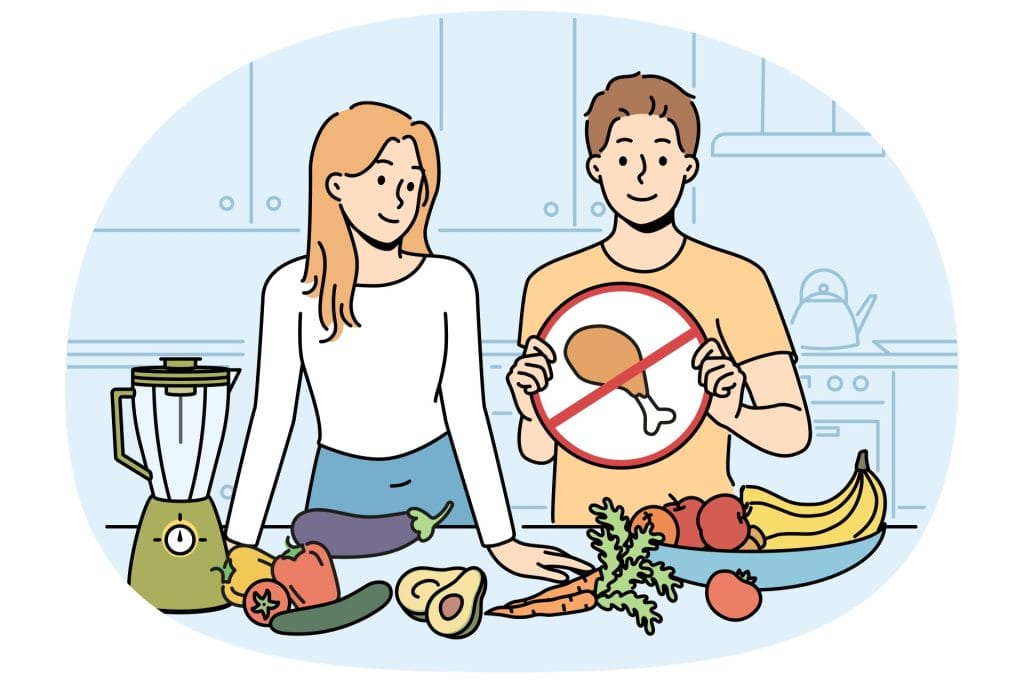
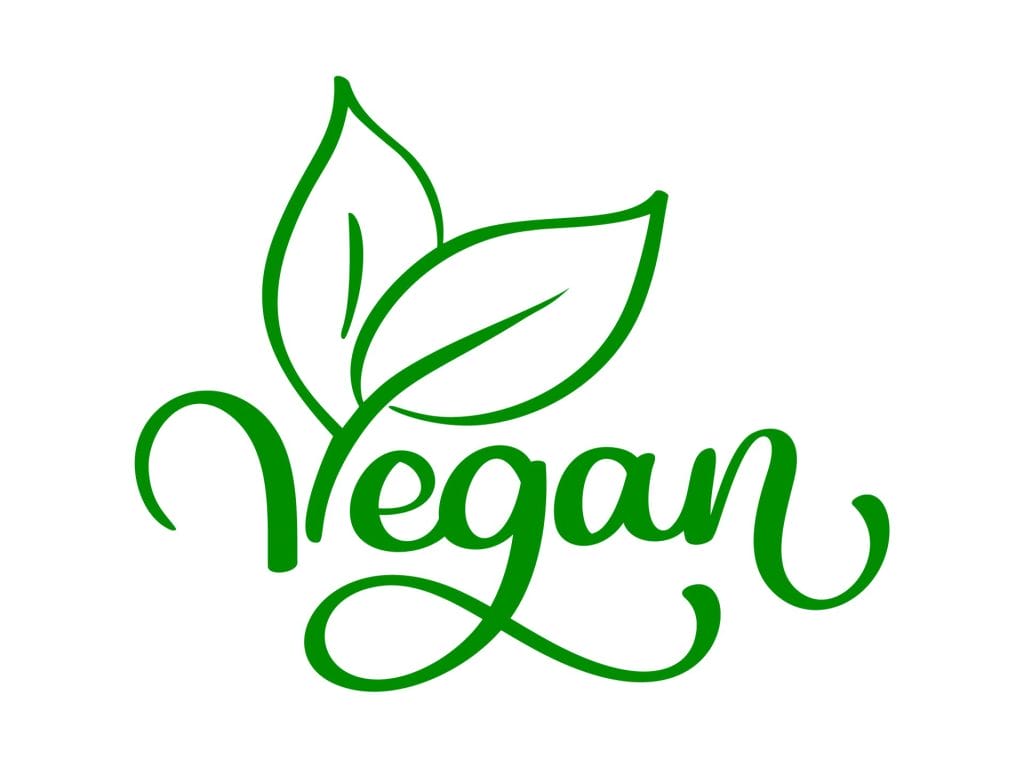
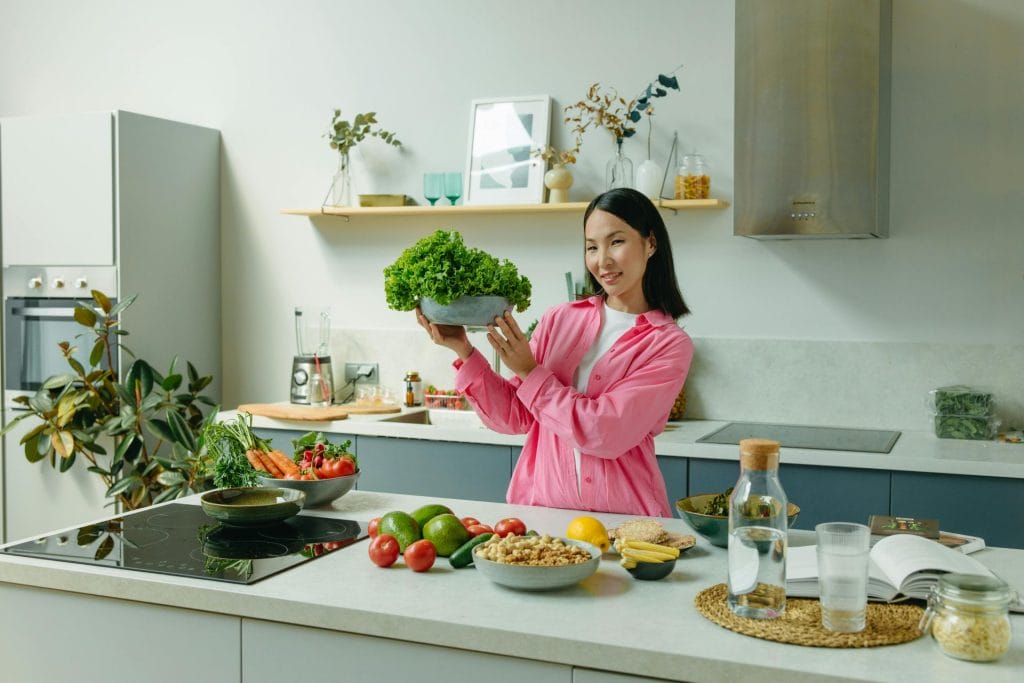
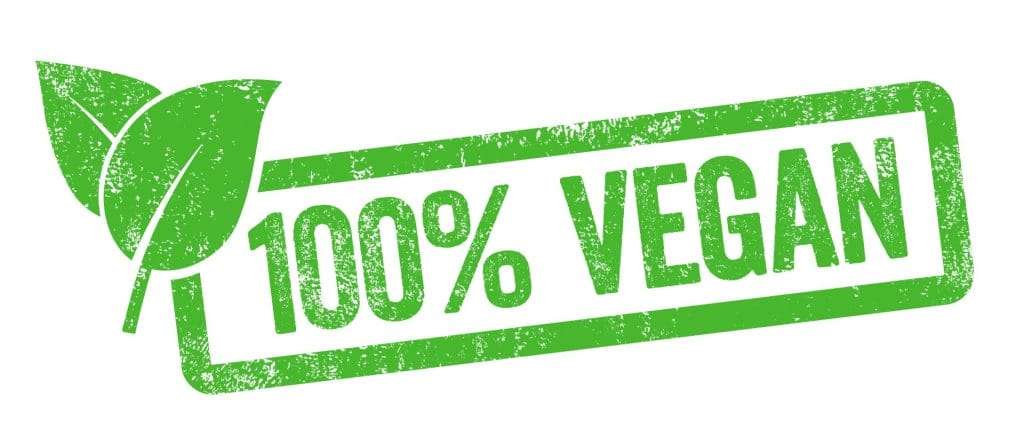
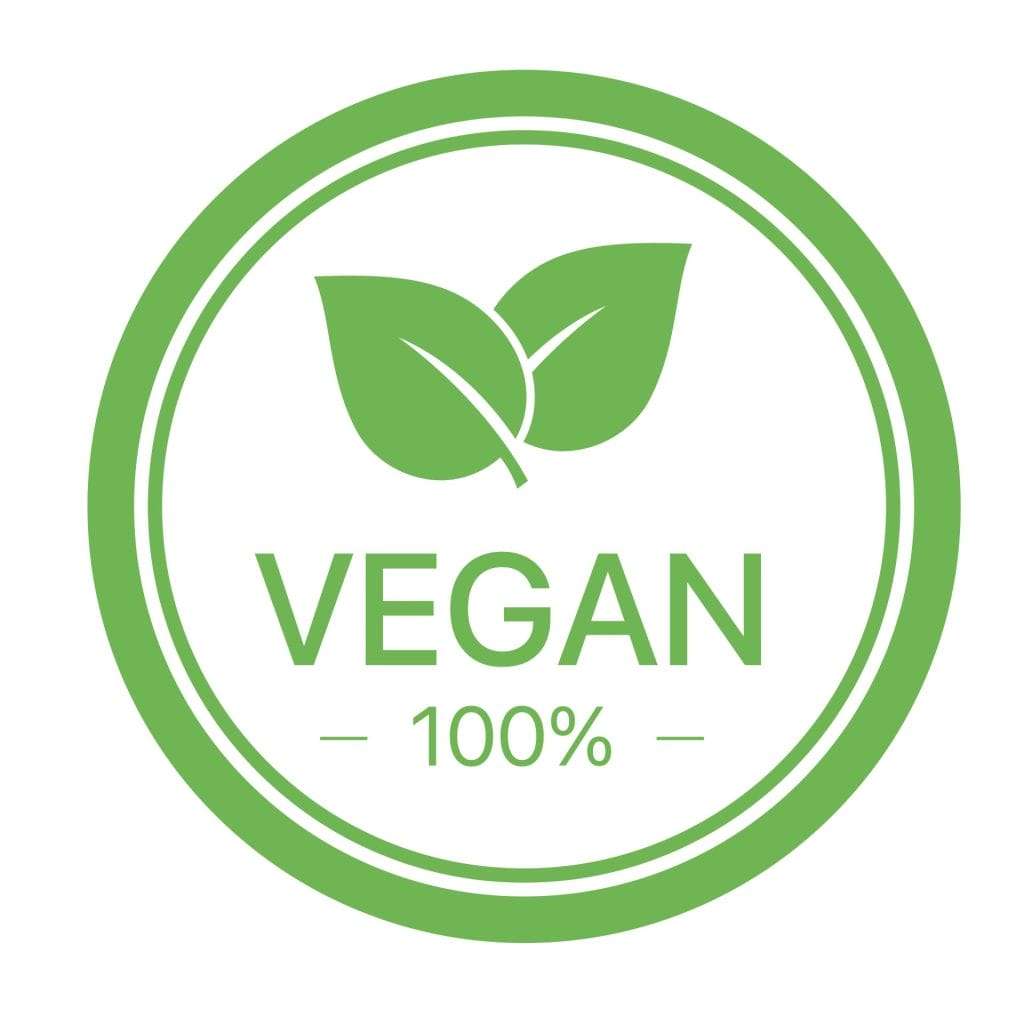
.png)
